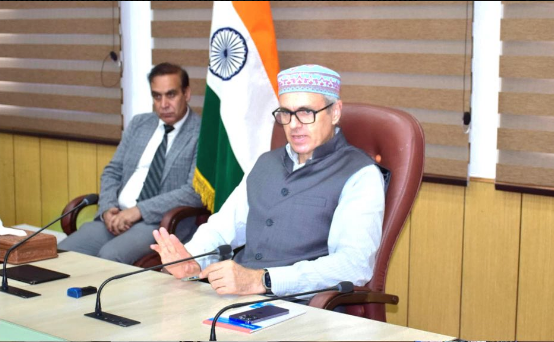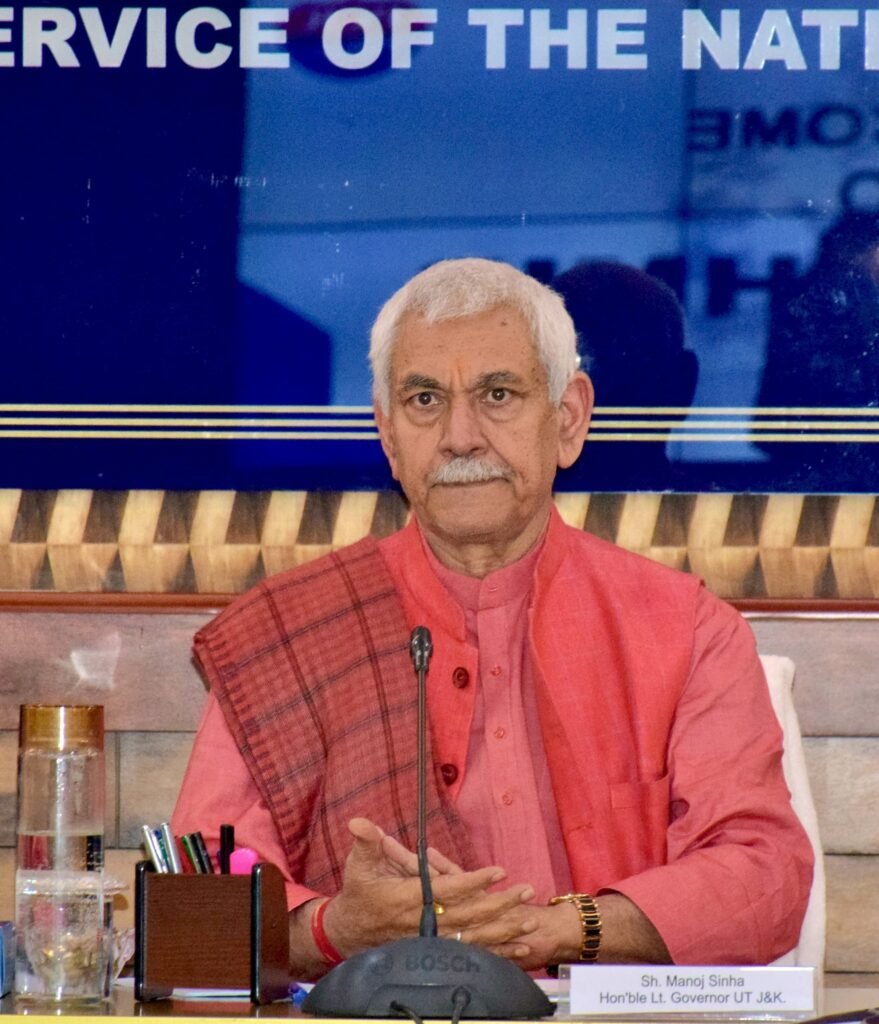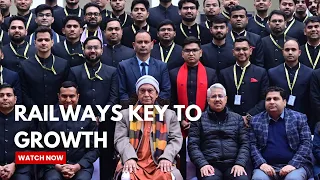Jammu, August 28, 2025 – In a decisive response to the devastating impacts of incessant rainfall that has triggered widespread flooding, rising water levels, and significant damage to life and property across Jammu and Kashmir, Chief Minister Omar Abdullah chaired a crucial high-level meeting at the Civil Secretariat in Jammu today. The meeting focused on assessing the ongoing crisis and outlining comprehensive strategies for relief, rehabilitation, and restoration of essential services.The torrential downpours, which have been unrelenting for several days, have led to flash floods, landslides, and infrastructure collapse in multiple districts, including Jammu, Udhampur, Reasi, and Katra.
The India Meteorological Department (IMD) has recorded unprecedented rainfall, with Udhampur witnessing 629.4 mm in just 24 hours – shattering previous records and marking the heaviest in nearly a century. Rivers such as the Tawi, Chenab, and Basantar have swelled dangerously, washing away bridges like the Thard bridge in Udhampur and portions of roads near the fourth Tawi bridge in Jammu. The death toll from landslides and floods has climbed to at least 36, with tragic incidents including a landslide near the Mata Vaishno Devi shrine in Katra claiming 34 lives, including pilgrims. Thousands have been displaced, with over 3,500 residents evacuated in Jammu alone, and essential services like power, water supply, and mobile networks severely disrupted.
During the meeting, Chief Minister Abdullah directed officials to remain on high alert amid the ongoing weather challenges. He emphasized the immediate need for timely relief and rehabilitation efforts to support affected families, the swift restoration of essential services such as electricity, water, and telecommunications, and the implementation of all possible measures to safeguard lives. “Restoration of water and power supply is our supreme priority. Silt removal from canals and nallahs must be ensured to avoid further aggravation or recurrence of backflow of rainwater,” the Chief Minister instructed, underscoring the importance of practical, time-bound targets for accountability and transparency in the government’s response.Abdullah also stressed the need for constant communication with the public, urging district authorities to maintain close coordination and provide realistic updates. He assured that additional funds have been allocated to Deputy Commissioners for emergency restoration work and other exigencies. The Chief Minister reviewed the status of key infrastructure, including the Jammu-Srinagar National Highway, and directed special preventive measures for flood-prone areas like Srinagar city. Minister Javed Ahmed Rana briefed on the Irrigation and Flood Control Department’s preparedness, while Advisor to the CM, Nasir Aslam Wani, contributed to deliberations on relief coordination.
The high-level meeting was attended by all Ministers of the Council of Ministers, the Advisor to the Chief Minister, MLAs from the affected areas, Divisional Commissioners of Jammu and Kashmir provinces, and senior officers including Deputy Commissioners. MLAs provided valuable suggestions from the ground level, which the Chief Minister assured would be incorporated into the relief and restoration phases. The Divisional Commissioners and Deputy Commissioners presented detailed reports on district-level actions, evacuation efforts, and the current status of water levels in major rivers and streams.This crisis echoes the devastating floods of 2014, prompting Chief Minister Abdullah to question the lessons learned and corrective measures taken over the past 11 years. “The last 48 hours have been a shocking eye opener,” he remarked, highlighting similarities in damage at key locations.
Union Home Minister Amit Shah and Prime Minister Narendra Modi have extended support, with the Centre assuring all possible assistance, including NDRF teams for rescue operations. As the IMD has downgraded the alert to yellow for isolated heavy rainfall in Jammu, Udhampur, and Doda until August 29, authorities continue round-the-clock efforts to restore normalcy and prevent further loss.The Jammu and Kashmir government remains committed to prioritising rescue, relief, and rehabilitation, with multi-agency teams from the district administration, police, NDRF, SDRF, Indian Army, and local volunteers actively engaged.
The public has been advised to stay away from riverbanks, avoid flood-prone areas, and adhere to official helplines for assistance.











